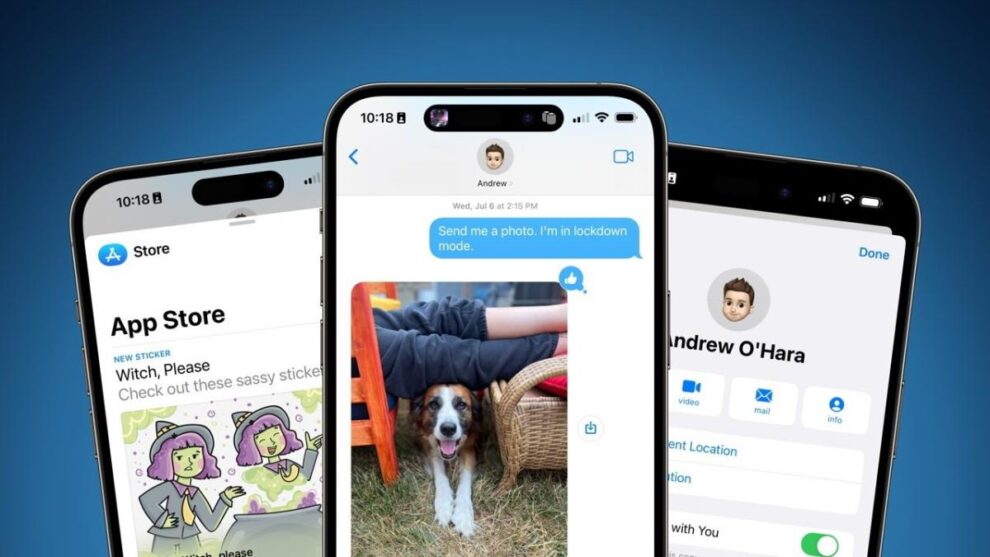In a pivotal move that bridges the long-standing communication gap between iPhone and Android users, Apple has announced its plans to adopt Rich Communication Services (RCS) by the fall of 2024. This development marks a significant shift in Apple’s messaging strategy, aiming to enhance cross-platform messaging with a suite of modern features previously exclusive to iMessage users.
Key Highlights:
- Adoption of RCS: Apple will integrate the RCS messaging standard into iPhones, allowing for improved interoperability with Android devices.
- Enhanced Messaging Features: RCS brings iMessage-like features to cross-platform texts, including read receipts, typing indicators, high-quality media sharing, and more.
- Continued Preference for iMessage: Despite the RCS integration, iMessage will remain the primary messaging platform for communication between Apple devices.
- Security and Privacy Concerns: Apple has expressed its intent to work with GSMA members to enhance the security of RCS, aiming for end-to-end encryption standards comparable to iMessage.
- Regulatory and Competitive Pressure: The decision comes amid increasing pressure from regulators and competitors, including Google and Samsung, advocating for better messaging interoperability.
Background and Implications
After years of pressure from Google and a nuanced debate over messaging standards, Apple’s decision to support RCS reflects a broader industry move towards unified messaging protocols. RCS promises to deliver an enriched messaging experience with features such as group chats, high-resolution media sharing, and read receipts, bridging the functionality gap between SMS/MMS and modern messaging apps.
However, Apple’s adoption of RCS is not just about enhancing user experience. It’s a strategic response to regulatory scrutiny and competitive dynamics. The integration of RCS is seen as a move to comply with global standards and regulatory expectations, particularly in regions like the EU and China, where digital communication interoperability is becoming a mandate.
Technical and Operational Aspects
Apple’s implementation of RCS will coexist with iMessage, serving as an alternative to SMS and MMS when communicating with non-iPhone users. This ensures that iPhone users will have access to advanced messaging features even when communicating across platforms. However, Apple has made it clear that iMessage will continue to be its premier messaging service for iOS users, featuring end-to-end encryption and exclusive functionalities.
One of the critical challenges Apple faces with RCS integration is ensuring the security and privacy of communications. RCS has been criticized for not offering the same level of encryption as iMessage. Apple has voiced its commitment to working with the GSM Association and other industry players to bolster the security features of RCS, potentially paving the way for end-to-end encryption in future iterations.
Market and Social Impact
Apple’s RCS integration is expected to significantly impact the messaging landscape, reducing fragmentation and improving the overall messaging experience across platforms. It addresses a longstanding issue of compatibility and feature disparity that has affected users’ choice of smartphones and carriers. Furthermore, by enhancing the security and capabilities of cross-platform messaging, Apple is setting a new standard for privacy and user experience in digital communication.
Apple’s move to support RCS in iPhones by 2024 represents a significant step towards more inclusive, secure, and feature-rich digital communication. As the technology evolves and Apple works to address the security aspects of RCS, users can look forward to a more unified messaging experience that bridges the gaps between different ecosystems. This development not only reflects Apple’s responsiveness to consumer and regulatory demands but also its commitment to advancing the global digital communication landscape.




